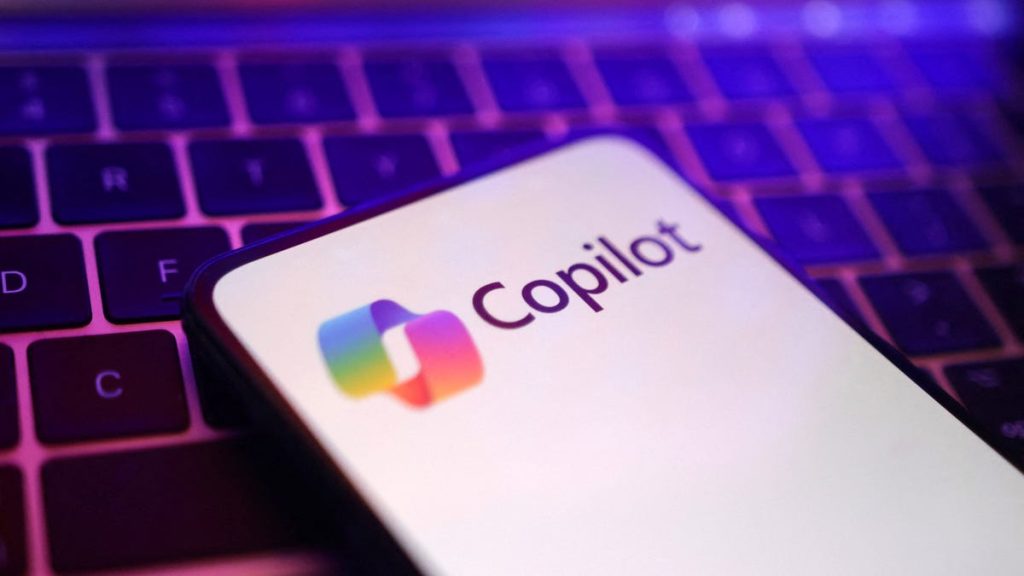Windows 10 goes out the window for cyber security. What to know
The upcoming lack of protection can increase the risk of Windows 10 users being hacked and online threats: Microsoft’s official end of protection.
- If you’re a Windows user, you’ve seen Microsoft pushing its AI technology called “Copilot” everywhere. It’s their entry into the race to build an AI platform in the latest Internet ‘gold rush’.
- Copilot can be a helper built into tools you already use that can reduce tedious work and speed up routine tasks.
- This technology is still in its infancy, and it can suffer from AI hallucinations.
Question: What’s the deal with Copilot? What will it do for me?
Answer: If you’re a Windows user, you’ve seen Microsoft pushing its AI technology called “Copilot” everywhere. It’s their entry into the race to build an AI platform in the latest Internet ‘gold rush’.
What is Copilot?
Copilot is Microsoft’s umbrella name for its AI-assistant, built to be your conversational helper within Windows, productivity apps like Word and Excel, as well as the Edge browser.
In practice, it means:
- You can ask it questions in plain language or “chat” with it, and it will answer like any other AI assistant.
- It can integrate with Word, Excel, PowerPoint, Outlook, and Teams and use what’s in your files, emails, and chats (if you grant access) to produce summaries, drafts and recommendations.
- In Windows/Edge, “Copilot” may also act as a side assistant: It can summarize webpages, help you navigate and even analyze what’s on your screen or in your camera (with permission) via features like Copilot Vision.
What can it do for you?
Think of Copilot as a helper built into tools you already use that can reduce tedious work and speed up routine tasks.
- Write stuff for you – Need to draft an email, letter, or even a flyer? Copilot can give you a draft version so you’re not staring at a blank page. You can then tweak it to sound more like you, or you can ask it to improve something that you’ve written.
- Summarize Text – Get a quick overview of a long email, article or contract and understand those ridiculous ‘Terms of Service’ agreements.
- Analyze numbers – If you’re looking at a massive spreadsheet and wondering what the numbers really mean, Copilot can explain trends in plain English or create a quick chart.
- Make presentations – Copilot can pull together the basics and suggest layouts, so you spend less time fiddling with PowerPoint.
- Look things up quickly – Instead of jumping between Google searches and guessing which link to click, you can ask Copilot a straight question and get a direct answer.
- Help while browsing – If you’re on a webpage that feels overwhelming, you can ask Copilot to explain it, give you the highlights or compare it to something else.
It’s like having a very efficient assistant, but you’ll always want to double-check its work, as all AI assistants can make significant mistakes.
Do you need to use it?
The answer to this question relies heavily on your needs.
Do you frequently write content, proposals, internal documents, etc.? Are you a heavy Microsoft 365 user (Word, Excel, Outlook, Teams)? Do you routinely analyze data and create reports for others from that data?
If you answered yes to any of these questions, you’d certainly benefit from using some type of AI assistant.
If you’re a casual computer user who mainly surfs the web and checks a small amount of email, or do not use a computer for work, you may not find much value in it.
Potential drawbacks
This technology is still in its infancy, and it can suffer from AI hallucinations. Essentially, it occasionally makes things up. There are also privacy issues when it comes to your sensitive files and chats.
The reality of AI use today
Getting a decent understanding of what AI assistants can and can’t do is something I highly recommend to everyone.
If you don’t want AI that integrates so much into your daily computer use, other standalone options from OpenAI (Chat GPT), Google (Gemini), and Anthropic (Claude) are easy for new users to try.
Ken Colburn is the founder and CEO of Data Doctors Computer Services, datadoctors.com. Ask any tech question at facebook.com/DataDoctors or on Twitter @TheDataDoc.

